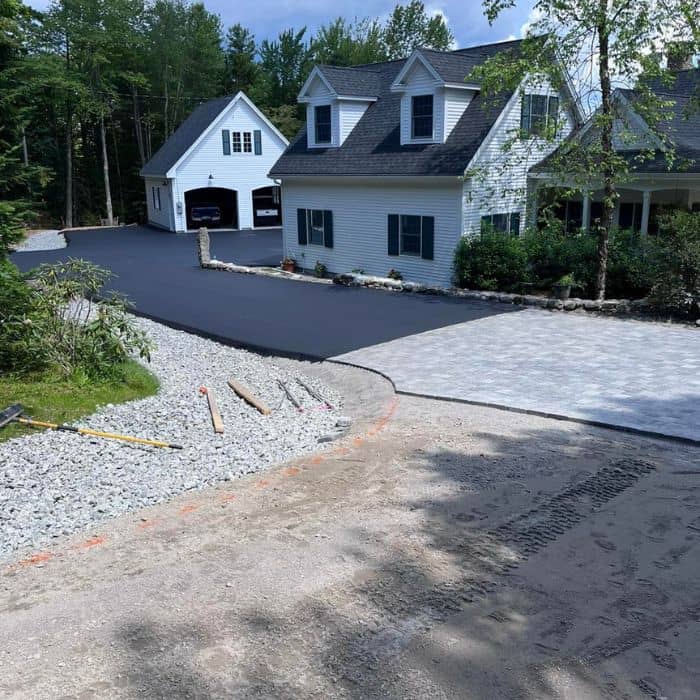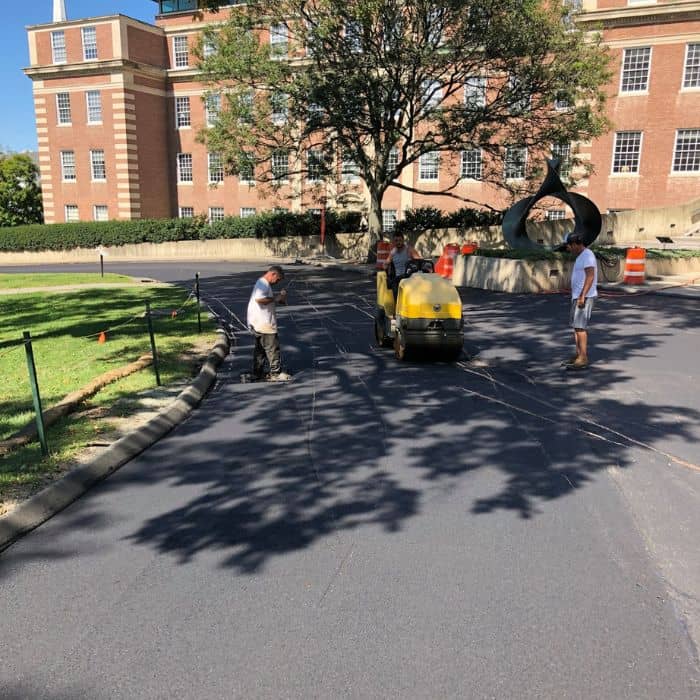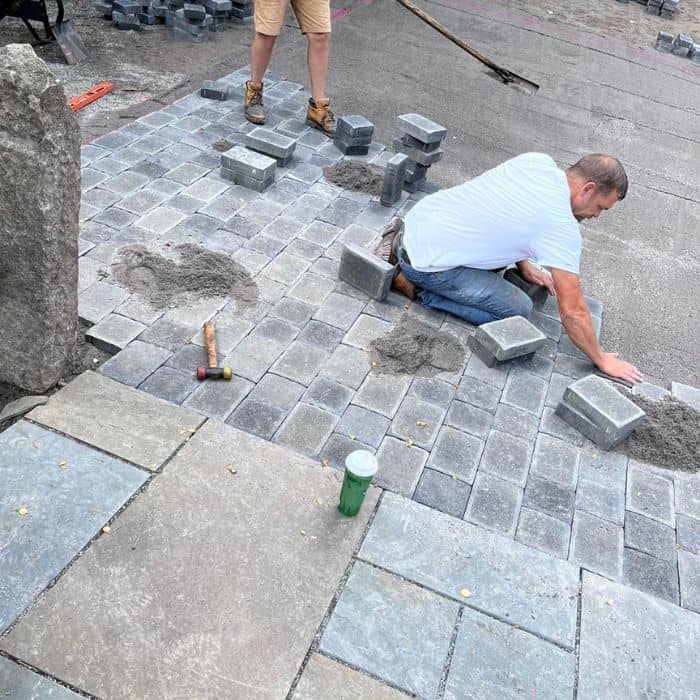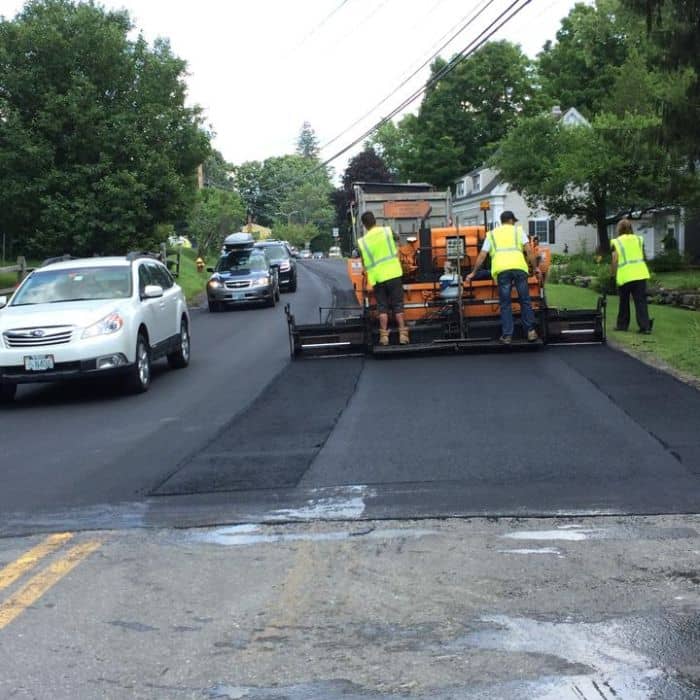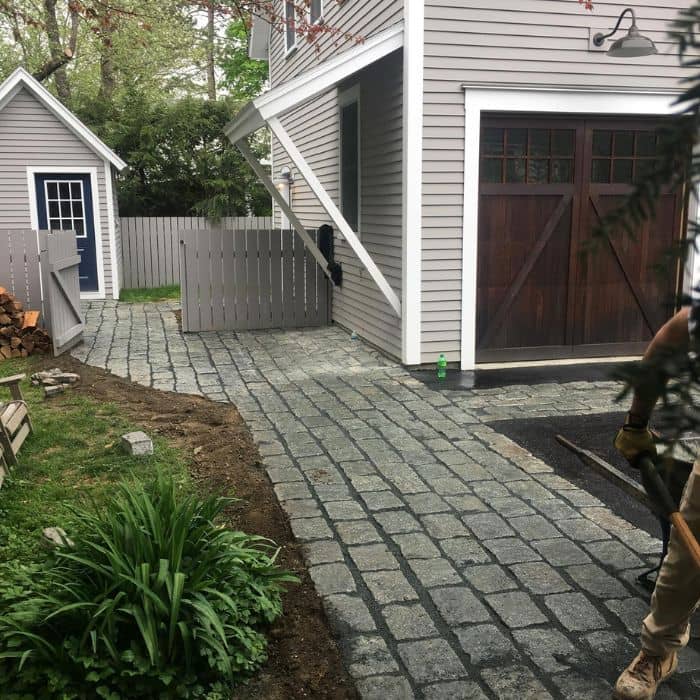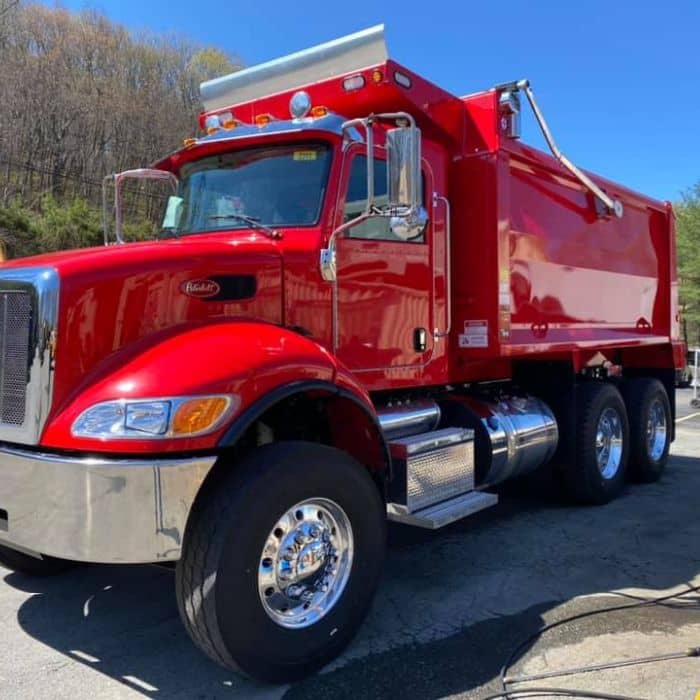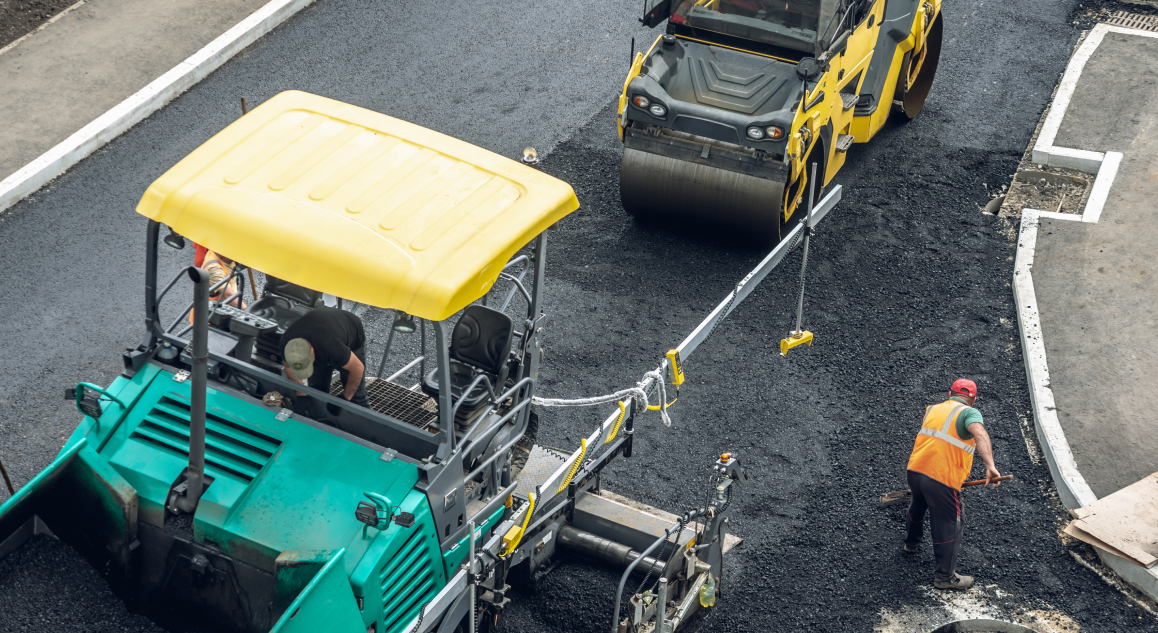
The paving industry is undergoing a transformation, and nowhere is this more evident than in Vermont. For decades, paving projects in the state faced the same challenges year after year: harsh winters, heavy snow removal equipment, freeze-thaw cycles, and the constant wear from commercial traffic. Property owners and businesses often saw their parking lots, driveways, and access roads deteriorate far earlier than expected, leading to costly repairs. Today, however, a new wave of innovation is changing the picture. Companies that specialize inCommercial Paving in VT are using advanced technologies, sustainable materials, and data-driven methods to deliver results that are stronger, faster, and more efficient than ever before.
This shift benefits not only paving contractors but also Vermont’s businesses, municipalities, and property owners, who now enjoy long-term savings, improved performance, and eco-friendly solutions tailored to local conditions.
Vermont’s Unique Paving Challenges
Vermont’s climate presents one of the toughest environments for paved surfaces in the country. Long winters bring extended periods of freezing temperatures, while the spring thaw introduces cycles of expansion and contraction that wreak havoc on asphalt. Heavy snowfall demands frequent plowing and salting, which accelerates surface deterioration. Add to that the constant pressure from commercial vehicles, and it becomes clear why traditional paving methods struggled to hold up over time.
Technological innovation was not just a convenience but a necessity. Without stronger materials, smarter equipment, and modern construction practices, commercial paving projects would continue to face premature failures and high maintenance costs. The good news is that technology has stepped in to solve many of these problems.
Advanced Asphalt Mixes Designed for Vermont
One of the most important developments has been the improvement of asphalt itself. Traditional hot-mix asphalt is durable but not always well-suited for Vermont’s unpredictable weather. Newer options address this directly.
Polymer-modified asphalt is a game changer, as it increases flexibility and resistance to cracking, especially under freeze-thaw stress. Warm-mix asphalt, produced at lower temperatures, not only reduces greenhouse gas emissions but also performs better during Vermont’s colder paving seasons, allowing contractors to extend the working window.
Equally significant is the rise of recycled asphalt pavement (RAP), which incorporates reclaimed materials into fresh mixes. This reduces costs and environmental impact while maintaining high performance. For commercial properties, the ability to have sustainable, affordable pavement without sacrificing durability is a win-win.
Precision Through GPS, Drones, and Laser Technology
Another major step forward has been the integration of precision technology in planning and execution. In the past, grading and leveling required a great deal of manual measurement, which left room for error. Today, Vermont contractors rely on GPS-controlled grading machines that ensure exact slopes and smoothness, preventing water pooling and uneven surfaces that can quickly degrade pavement.
Drones are increasingly being used for surveying large commercial areas. Aerial mapping provides accurate topography, allowing contractors to design surfaces with better drainage and efficiency. Paired with laser-guided paving machines, these tools deliver surfaces that are not only stronger but also visually flawless.
For Vermont businesses, this precision means reduced maintenance costs over time, as the pavement holds up better against seasonal challenges.
Faster Project Timelines With Automation
Efficiency is critical when paving commercial properties. A parking lot or roadway under construction can disrupt operations and frustrate customers. Modern paving equipment equipped with automation features significantly reduces project timelines.
Machines with automated controls maintain consistent asphalt thickness and compaction without requiring constant manual adjustment. Contractors can cover larger areas in less time, and crews can focus more on quality and safety.
In Vermont, where construction seasons are often short due to weather, these time savings are invaluable. Businesses are able to complete projects within narrow windows of good weather, avoiding costly delays and ensuring their properties are ready for year-round use.
Sustainability and Eco-Friendly Practices
Sustainability has become a central theme in construction, and paving is no exception. Vermont, known for its natural beauty and environmental consciousness, has seen a strong push toward greener practices in commercial paving.
Recycling programs allow old asphalt and concrete to be reused, dramatically reducing landfill waste. Modern asphalt plants in the region are designed to consume less energy and emit fewer pollutants. The use of permeable pavements has also grown, particularly in areas where managing stormwater is a priority. These surfaces allow water to seep through, replenishing groundwater and preventing runoff issues.
For Vermont’s commercial property owners, adopting eco-friendly paving not only helps protect the environment but also enhances their public image. Customers increasingly value businesses that prioritize sustainability, making green paving practices both a practical and reputational advantage.
Data-Driven Maintenance
Technology isn’t just transforming how pavement is laid; it’s also reshaping how it is maintained. Contractors now use pavement management software to analyze surface conditions and schedule proactive maintenance. Sensors embedded in pavement can monitor stress, temperature, and moisture levels, providing real-time feedback that helps identify problems before they become major repairs.
For Vermont, where harsh winters accelerate wear and tear, this proactive approach is invaluable. Instead of waiting for cracks and potholes to form, property owners can rely on data to guide timely sealcoating, resurfacing, or repairs. This approach extends the lifespan of paved surfaces, reduces costs, and ensures commercial properties always look professional.
Improving Worksite Safety
Safety has always been a cornerstone of construction, but technology has raised the bar. Modern paving machines come with automated shutoffs, operator-assist features, and temperature control systems that minimize risks. Thermal imaging cameras are also being used to monitor asphalt temperatures during application, ensuring optimal compaction and reducing the chances of premature failures.
These innovations not only protect workers but also improve the overall quality of the finished product. Safer worksites translate into smoother, longer-lasting surfaces for Vermont businesses and municipalities.
The Bigger Picture: Why Technology Matters in Vermont
The adoption of these technologies is not just about convenience; it’s about necessity. Vermont’s commercial properties demand paving solutions that can withstand unique challenges without draining maintenance budgets. By embracing innovation, contractors are helping businesses and communities:
- Achieve longer-lasting pavement with fewer repairs.
- Complete projects quickly during limited construction seasons.
- Reduce environmental impact with sustainable practices.
- Maintain safer worksites and higher-quality results.
The state’s infrastructure depends on these advancements, and property owners who invest in modern paving solutions benefit directly in terms of cost savings, performance, and aesthetics.
Conclusion
The paving industry in Vermont is no longer limited to traditional methods. From advanced asphalt mixes to precision technology, automation, sustainability, and data-driven maintenance, innovations are improving every stage of the process. The result is greater efficiency, reduced costs, and longer-lasting results for businesses across the state.
For property owners, the key is working with an experiencedPaving Contractor in Vermont who understands how to integrate these technologies into practical solutions. By choosing the right professionals, businesses can be confident their paved surfaces will stand the test of time, support daily operations, and reflect modern standards of quality.



